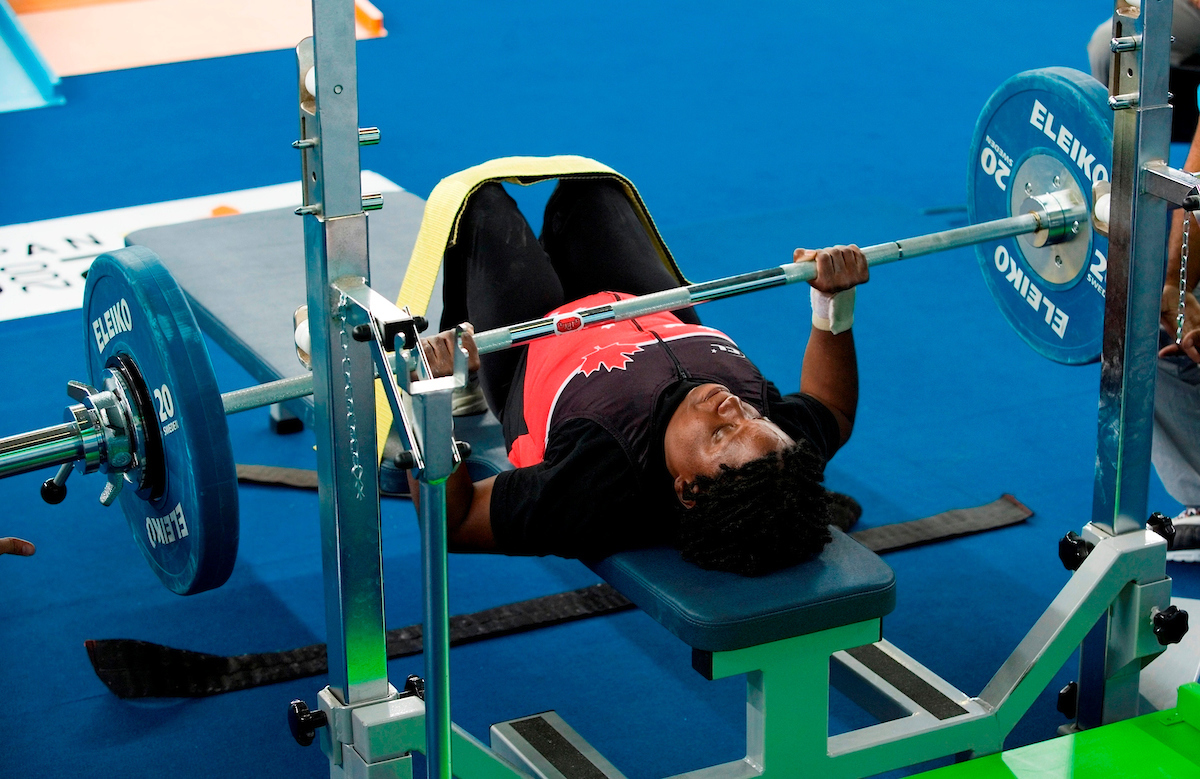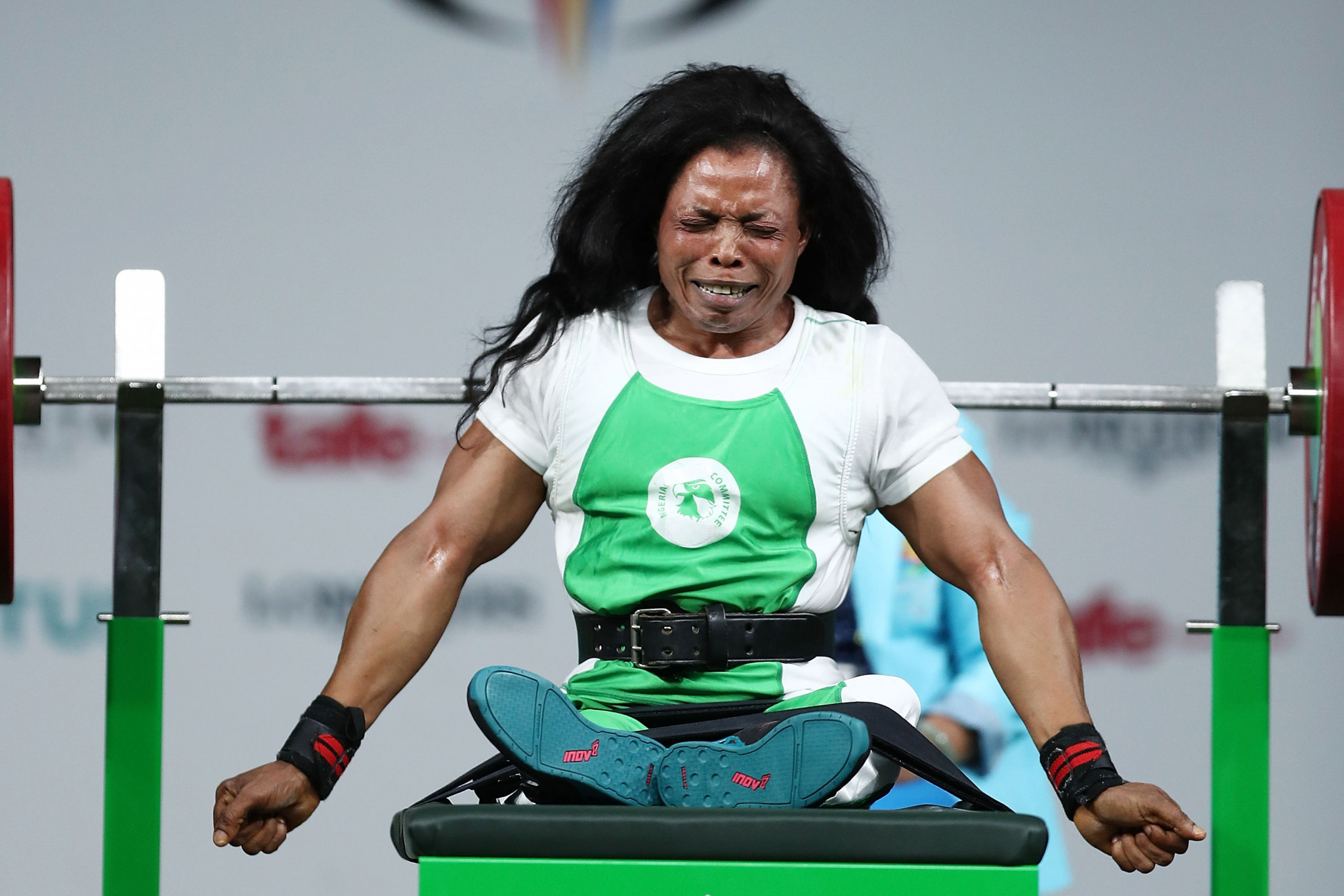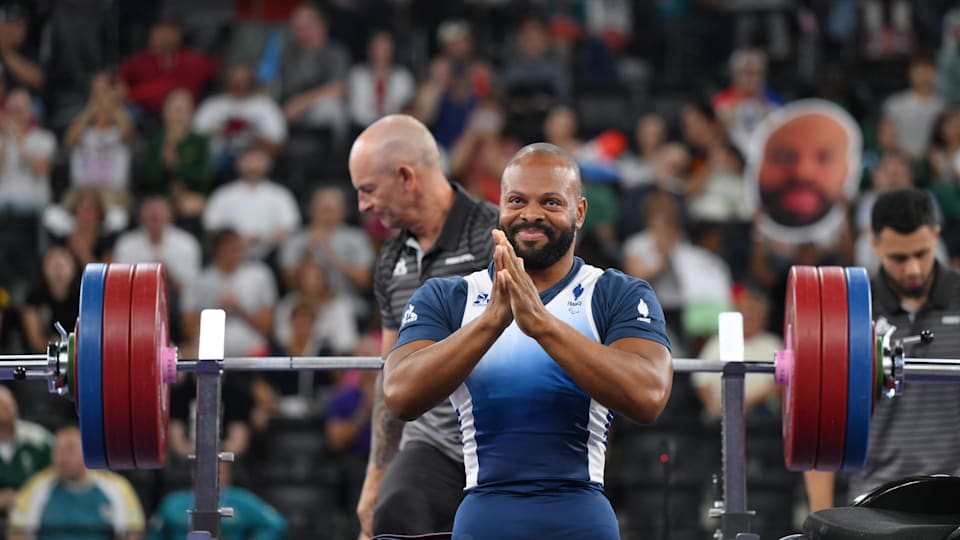Powerlifting at the Paralympics: A Testament to Strength and Resilience
Powerlifting has long been celebrated as one of the most physically demanding sports, requiring immense strength, mental fortitude, and impeccable technique. When we think of powerlifting, images of heavy weights and intense concentration often come to mind. However, the realm of powerlifting expands beyond able-bodied athletes, embracing a diverse and inclusive category that celebrates athletes with disabilities—the Powerlifting Paralympics. This article aims to explore the intricacies of powerlifting in the Paralympic structure, the evolution of the sport, and the impact it has on athletes' lives.
The Foundation of Powerlifting in the Paralympics
The inception of Paralympic powerlifting can be traced back to the early 1980s when the sport was formally included in the Paralympic Games. The first official inclusion occurred in 1984 at the New York Games, demonstrating a pivotal moment in the realm of adaptive sports. Originally known as "weightlifting for the disabled," it gradually evolved into the powerlifting we recognize today, featuring distinct disciplines and competitive standards.
Paralympic powerlifting showcases athletes competing in the bench press, which is the sole lift contested in this specific division. Unlike conventional powerlifting, which includes the squat and deadlift, the focus on the bench press allows individuals with various disabilities to participate without compromising their safety. Athletes are classified based on their physical capabilities, which allows for fair competition. There are different classifications based on the degree of disability, ensuring that every athlete has an equitable chance to compete at a high level.
The Discipline of Powerlifting
Powerlifting is characterized by its three primary lifts: the squat, bench press, and deadlift. In the context of the Paralympics, however, emphasis is placed solely on the bench press. This approach streamlines the competition for athletes who may have mobility challenges while still effectively showcasing their strength and technique.
Training for powerlifting requires a robust regimen, encompassing strength training, technique refinement, and mental preparation. Paralympic athletes dedicate countless hours to perfecting their form, developing a deep understanding of biomechanical principles that underpin their performance. Many athletes engage with knowledgeable coaches and support staff who are trained to adapt programs effectively to accommodate various disabilities.
The Inclusive Nature of Paralympic Powerlifting
One of the most inspiring aspects of Paralympic powerlifting is its unwavering commitment to inclusivity. The sport is populated by a diverse array of athletes who embody tenacity and spirit in the pursuit of excellence. From those who compete with visual impairments to athletes with impairments in mobility, the spectrum of participants is broad and vibrant.
The inclusion of athletes with various disabilities reinforces the message that strength transcends physical limitations. Through their dedication, these athletes challenge stereotypes and inspire many to reconsider preconceived notions about ability and disability. The athletes serve as role models, demonstrating that with determination and hard work, it is possible to achieve remarkable feats.
The Importance of Representation
Representation in sports is crucial. For athletes with disabilities, seeing individuals like themselves in competitive venues can significantly enhance their drive to succeed. When powerful role models emerge from the realm of Paralympic powerlifting, they send a message of possibility to the next generation of athletes.
The Paralympics provide a platform for athletes to showcase their talents on a global stage. The visibility of competitors excelling within this framework not only inspires aspiring athletes with disabilities but also educates a broader audience about the capabilities and potential of individuals with disabilities. Furthermore, representation fosters a sense of community, where athletes can support one another in their journeys.
The Mental and Emotional Impact
Beyond physical strength, powerlifting instills mental resilience and emotional empowerment in its athletes. The challenges faced by Paralympic powerlifters often extend beyond the competition floor. Many athletes have confronted adversities in their lives, including overcoming societal stigma and personal hurdles.
The process of training and competing in powerlifting cultivates self-discipline, focus, and determination. These qualities resonate not only within the realm of sports but also spill over into the athletes' daily lives. The sense of accomplishment that accompanies setting personal records or achieving competitive milestones fosters an environment of growth and self-acceptance.
Additionally, athletes often engage in advocacy, utilizing their platform to raise awareness about issues related to disability, access to sports, and the importance of inclusion. Their journeys of perseverance and triumph serve to dismantle barriers and inspire societal change.
The Future of Paralympic Powerlifting
As we look to the future of powerlifting at the Paralympics, several critical issues warrant attention. The growth of the sport relies on continued support from organizations, sponsors, and media coverage. Increased visibility can attract more athletes to the sport, fostering a robust pipeline of competitors who can carry the torch into future competitions.
Moreover, initiatives focusing on accessibility and improved facilities for athletes are essential. Ensuring that powerlifting venues accommodate the diverse needs of Paralympic athletes creates an environment where every participant can thrive. The collaboration between national and international governing bodies, local clubs, and schools can catalyze growth at grassroots levels.
In conclusion, powerlifting at the Paralympics encapsulates much more than physical strength; it embodies resilience, community, and empowerment. As athletes continue to break barriers and redefine the realm of possibility, they inspire countless individuals to embrace their unique journeys. The world of Paralympic powerlifting is a celebration of human spirit, showcasing that strength comes in many forms, and the ability to overcome challenges is a universal trait worth honoring. Through dedication, passion, and commitment, these athletes remind us that true strength lies not only in muscle but also in the heart's unwavering capacity to aspire and achieve.




